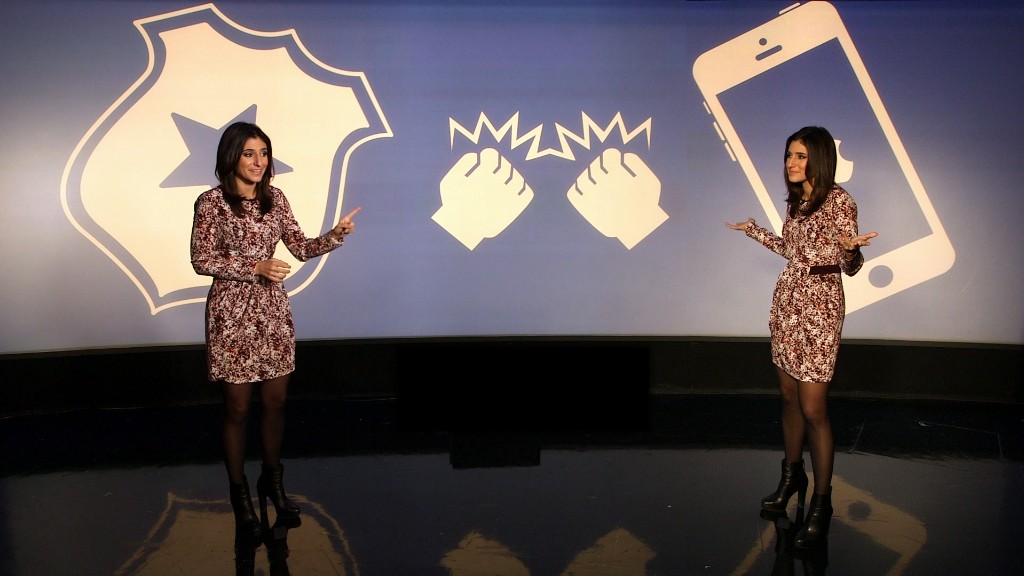
After a month-long public debate about whether or not Apple should help the FBI break into a terrorist's iPhone, the courtroom showdown between the Department of Justice and the tech company has been postponed.
Judge Sheri Pym agreed to delay the meeting shortly after the government requested a postponement.
The DOJ said it may have found an alternative way into the iPhone Syed Farook, the gunman in the San Bernardino shooting, was using.
If you're confused about what Apple's fight with the FBI is all about, here's what you need to know.
1) The FBI is trying to get into an iPhone 5C used by San Bernardino shooter Syed Farook.
2) It can't get in because Farook's iPhone is permanently locked. If its self-destruct feature is turned on, it will erase its key after 10 incorrect passcode guesses.
It also has a time-delay feature that prevents people from quickly entering more than a few wrong passcodes before locking them out.
3) The FBI wanted Apple to create special software for Farook's iPhone that will help bypass the phone's security protocols.
The FBI can then try endless password combinations until it gets the right one. In effect, the FBI is doing the hacking, not Apple. But without Apple changing the locks, the FBI can't proceed.
4) A judge in February ruled Apple must comply with the government's request.
5) Apple has been fighting that order.
Its central argument: Removing the security protection in this case would create a "backdoor" that could potentially allow the government or hackers break into similar iPhones.
It has legal arguments as well: It says there is no specific law supporting the government's request; the government should not be able to compel a private company to alter its product; writing code is like speech, and so the request is a violation of Apple's First Amendment rights.
6) The Department of Justice is fighting too.
Its argument: This is a single request for a single phone, and doesn't not create a back door for bad actors, but rather a front door for law enforcement only when it has a warrant.
7) The fight has gotten increasingly nasty
Apple's high-powered attorneys have called the FBI's arguments "disturbing," and the FBI has called Apple's attempt to combat the judge's order a "desperate" marketing ploy.
8) Most technology companies and the ACLU have sided with Apple.
Facebook, Google and Microsoft are among the companies that have filed briefs with the court showing support for Apple.
9) If it continues, the case could go to the Supreme Court
The same judge that ruled against Apple was set to issue another ruling on Tuesday, March 22, before the DOJ requested the postponement. But any ruling wouldn't have been final. Appeals can go to a district court judge, then a court of appeals, and finally the Supreme Court.

